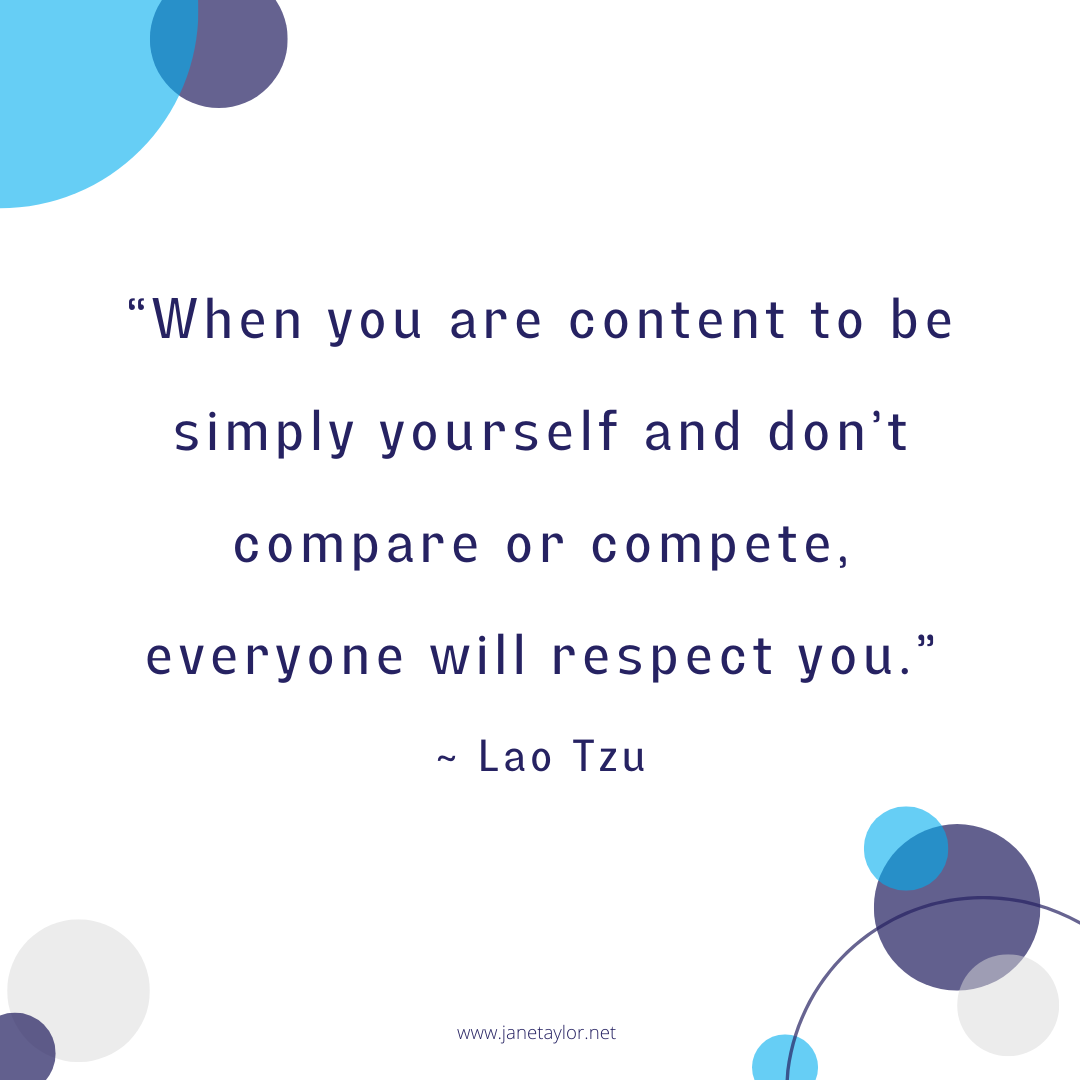Becoming Aware of My “I’m Sorry” Habit…

“Yesterday I was clever, so I wanted to change the world. Today I am wise, so I am changing myself.” ~ Rumi
I continue to focus on transforming habits, so I can be more responsible and accountable in all areas of my life.
How does that play out in life?
For me, I have used the analogy of living above or below the line. Basically living above the line means –
- taking ownership of my whole life,
- being responsible, and
- being personally accountable with the projects I’m involved with.
Instead of living below the line –
- blaming people or situations,
- justifying why I didn’t do something,
- living in denial (i.e. Don’t Even Notice I Am Lying),
- making excuses, or
- having a sense of entitlement.
One habit I have picked up recently is saying “I’m Sorry”. After tracking the number of I’m sorry’s I said in a day, I discovered I was saying it a lot. This awareness got me reflecting more on where this habit came from and the a reason I did it.
Transforming My I’m Sorry Habit…
I realised my “I’m Sorry Habit” had been with me for many years and linked back to an early experience in my life. It linked to my own sense of confidence, people-pleasing and worthiness as a human being. Subsequently, I knew I needed to work through it. So how can you start to untangle from this draining habit like me?
1. Track the Number of “I’m Sorries” You Say
Choose a day and track the number of times you say “I’m Sorry”. Once you have completed this for a day, reflect over the number of times you said “I’m Sorry”. You don’t have to do anything with this information, it is just bringing it in to your awareness and accepting that you say it.
2. Label the “I’m Sorry” Story
Once you have identified your “I’m Sorry” habit, you may start to see that there is a story attached to it. Maybe there is a reason why you say you’re sorry? If so, what is it? It is to do with a relationship, specific context or situation? Maybe it is –
- to keep the peace and not cause conflict?
- to stay hidden and not get noticed?
- you question your sense of worth?
- a defence mechanism?
By starting to label your “I’m Sorry” story, you can start to see that it is just a story made up of thoughts, feelings and body sensations and not who you really are.
3. Stay In Your Own Lane
As you start to realise you realise this habit, be aware of comparing yourself to other people. Dr Brené Brown says, “stay in your own lane”. Start to learn the difference between what is your stuff and what is someone else’s stuff. You can do this by being aware of self-doubt and developing mindful self-compassion.
4. Identify What You Really Want to Say
Don’t worry I get it, starting to realise you have a voice can be challenging. There is a lot of vulnerability associated with this, so take care of yourself and go as gently and as slowly as you need – especially where others are concerned as they are not used to you speaking up. Some questions you may like to reflect on include –
- Is the “I’m Sorry” Habit disconnecting you from your true needs and desires?
- Is there another phrase you could replace the “I’m Sorry” with? For example – “Excuse me?” Remember this is about authenticity and self-responsibility.
- Or is the “I’m Sorry more about admitting you made a mistake or was wrong? Not apologising for taking up space and your sense of worth!
Over to You…
As you are starting to untangle from your “I’m Sorry Habit” remember genuine apologies are often needed and required. So be authentic in your discernment between a genuine “I’m Sorry” and a habitual “I’m Sorry” 🙂 If you have any questions, feel free to ask them below!
If you are ready to reclaim your courage and take the next step towards your freedom and living wholeheartedly, why not join our Toolkit?
